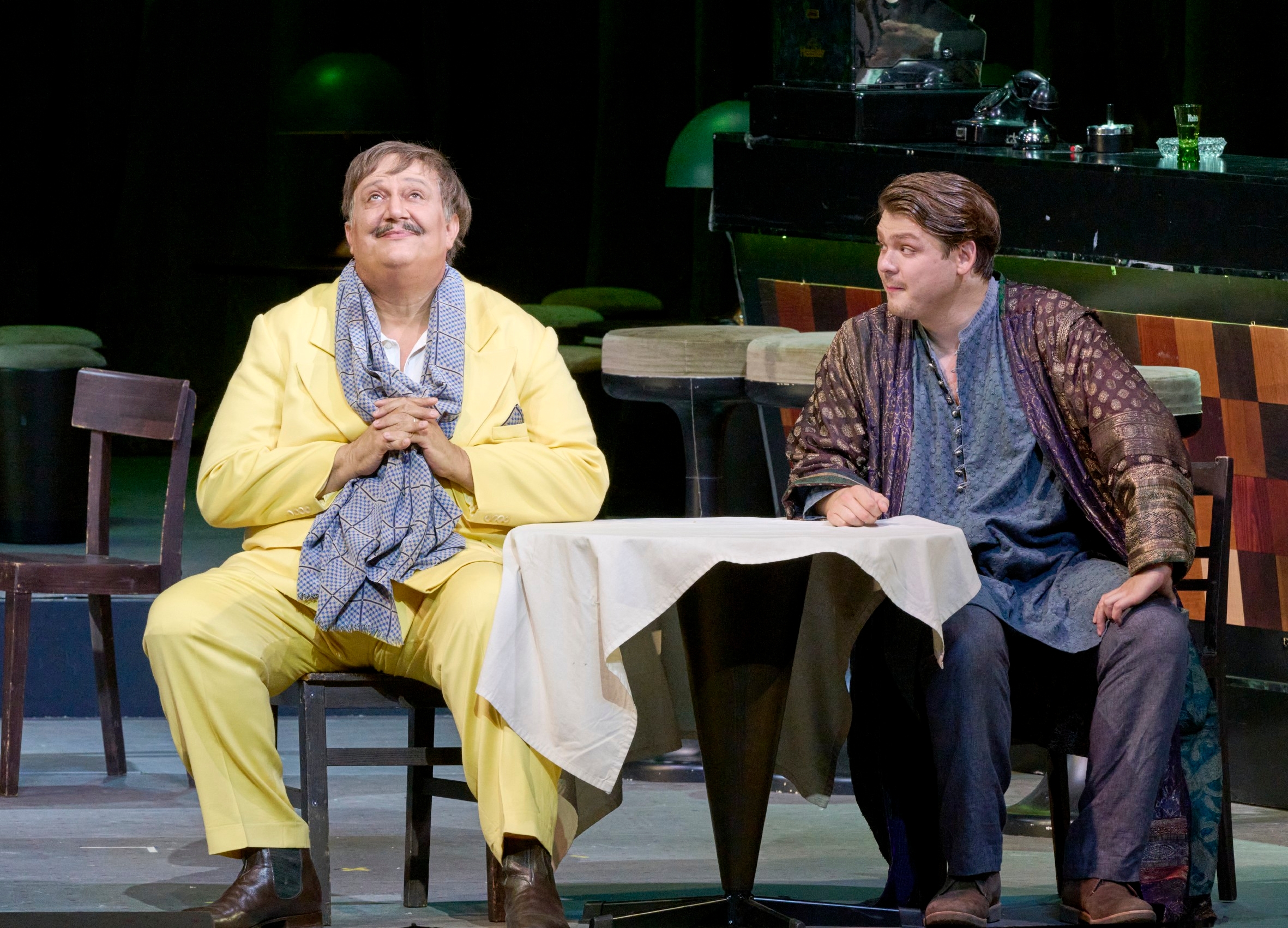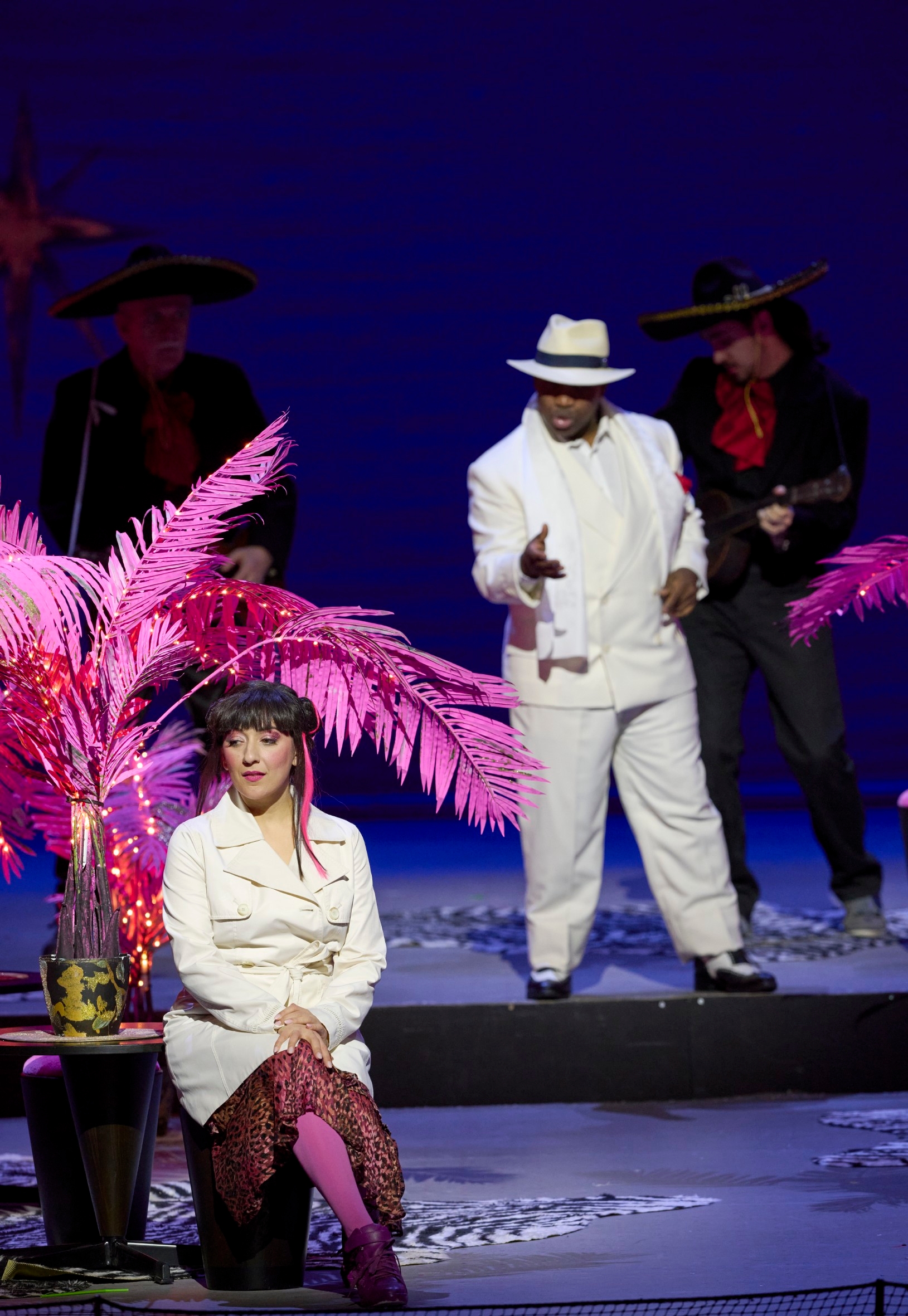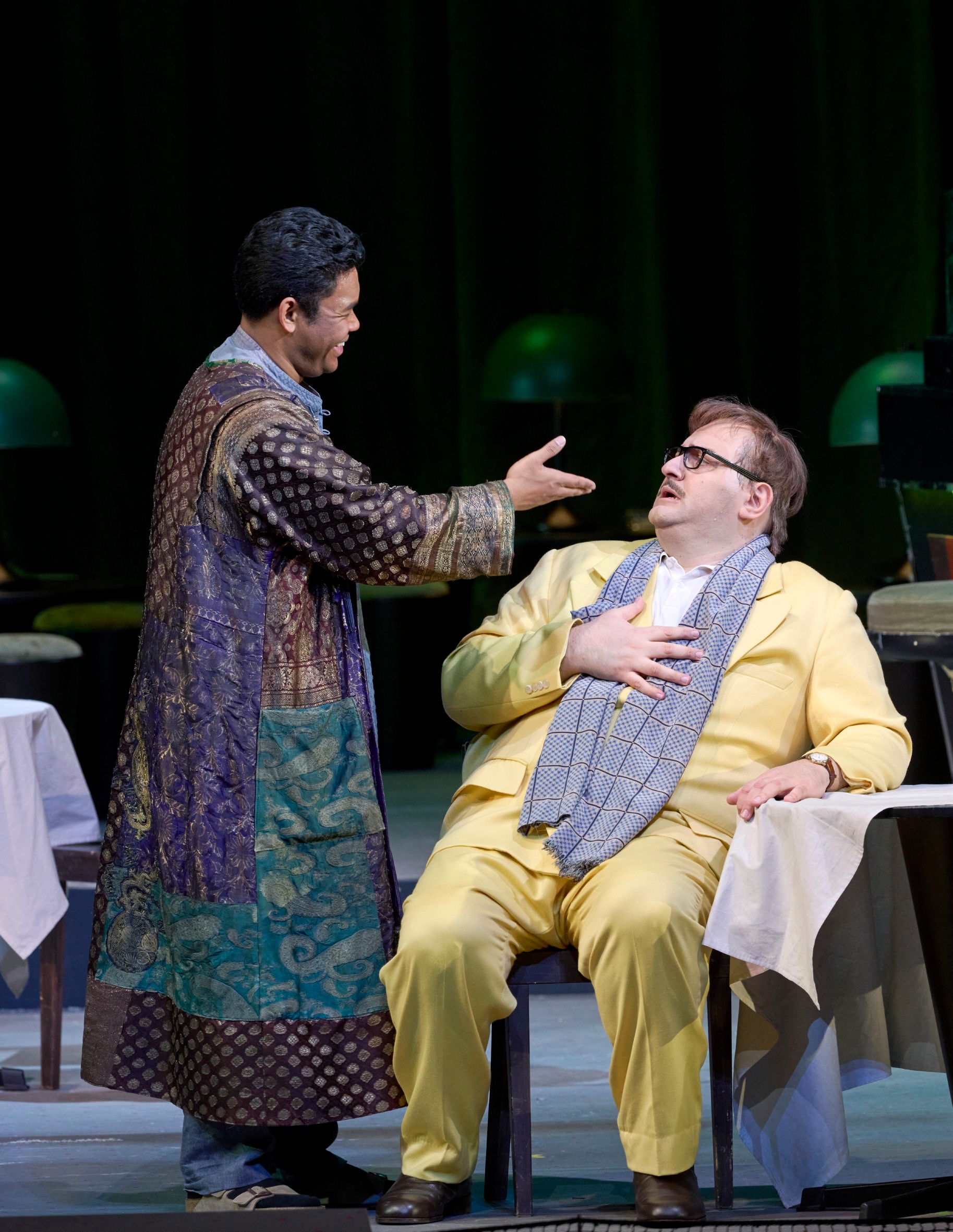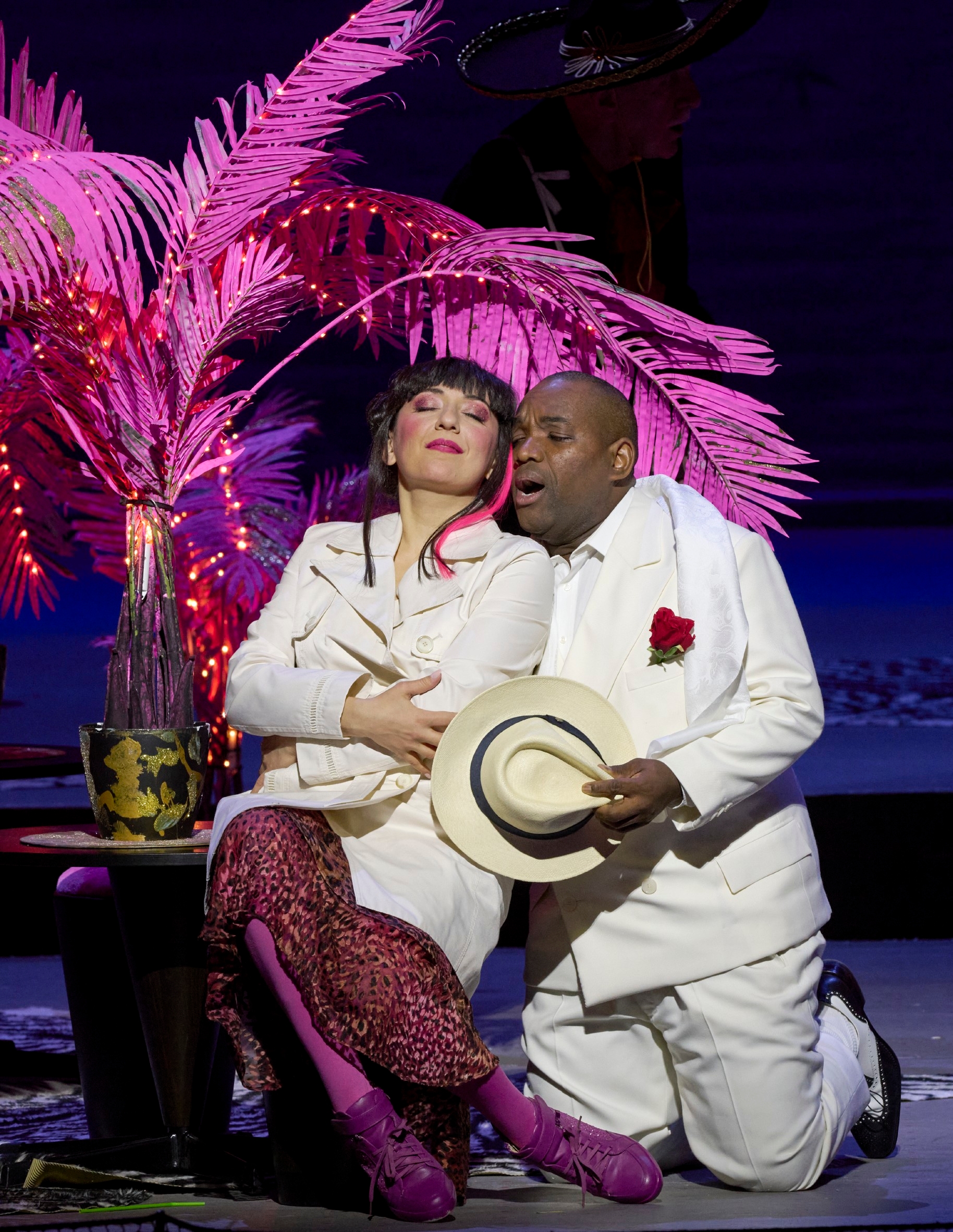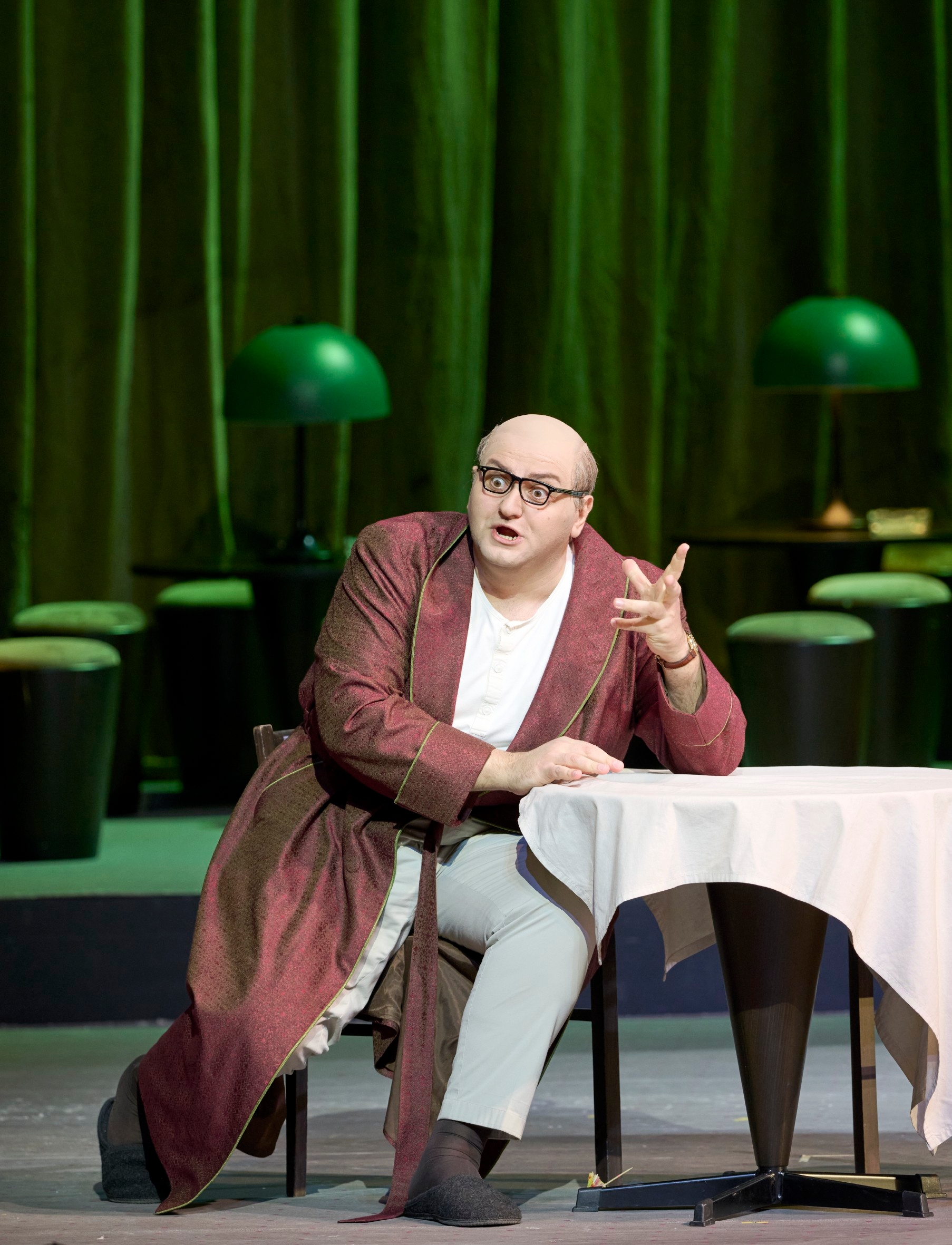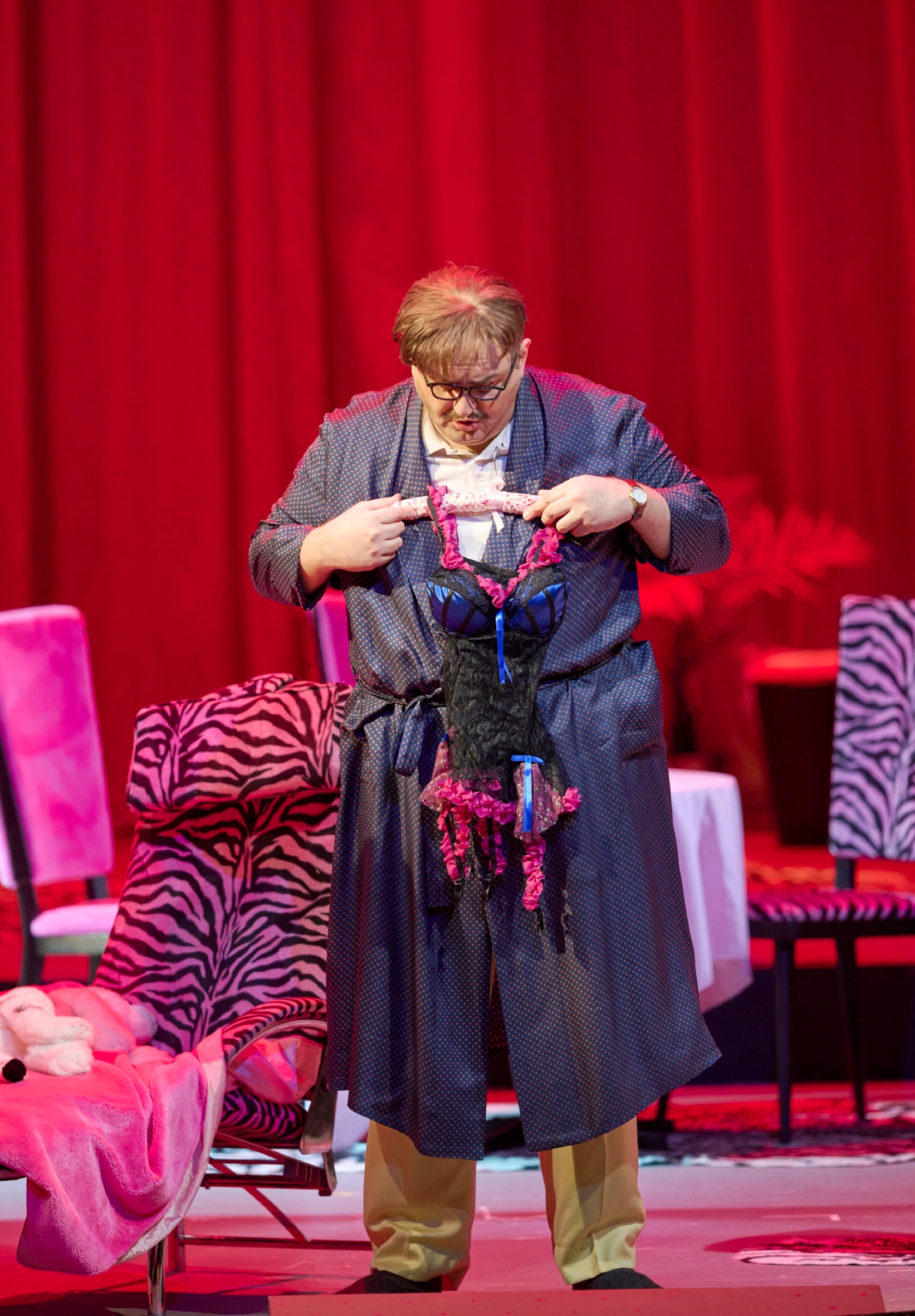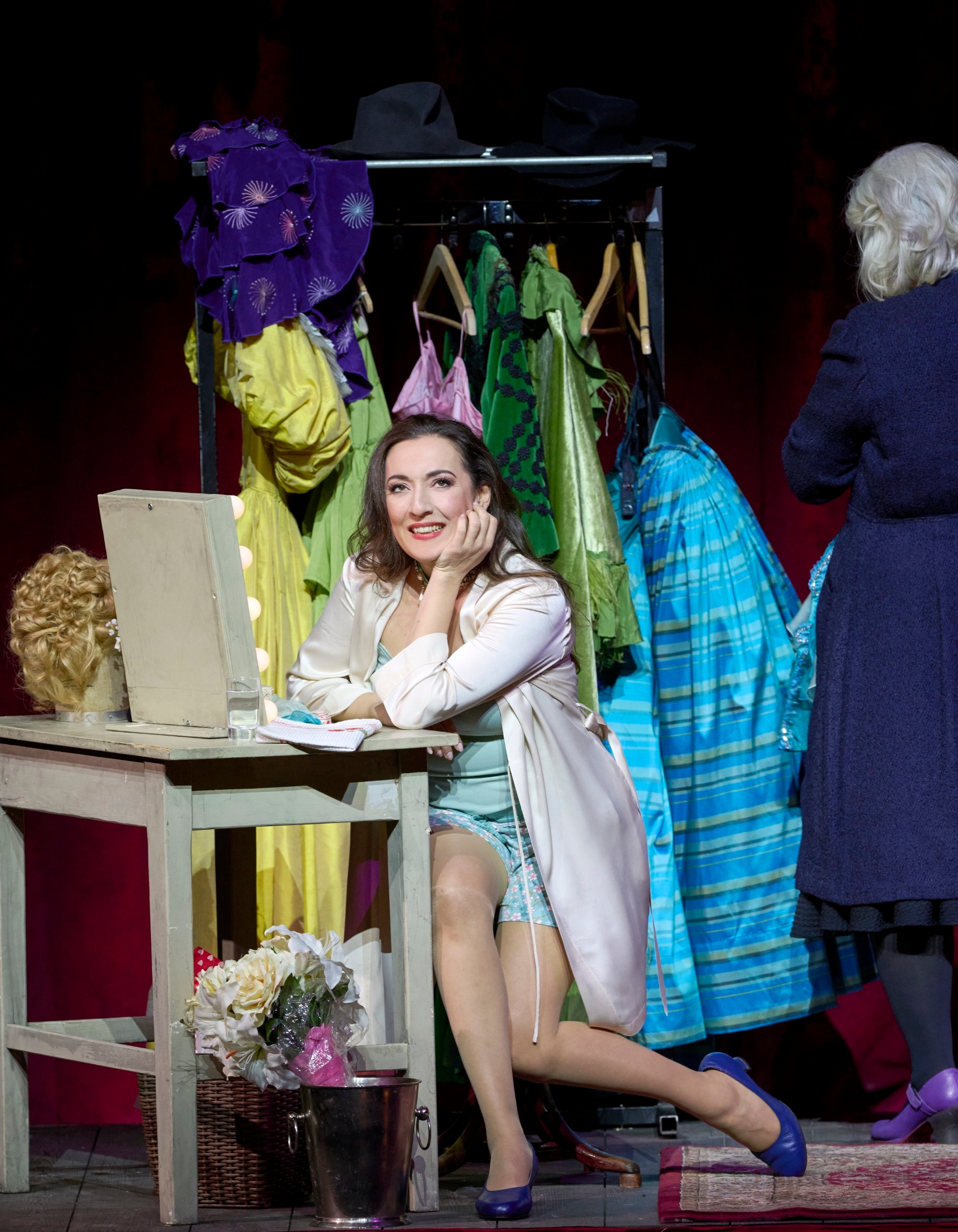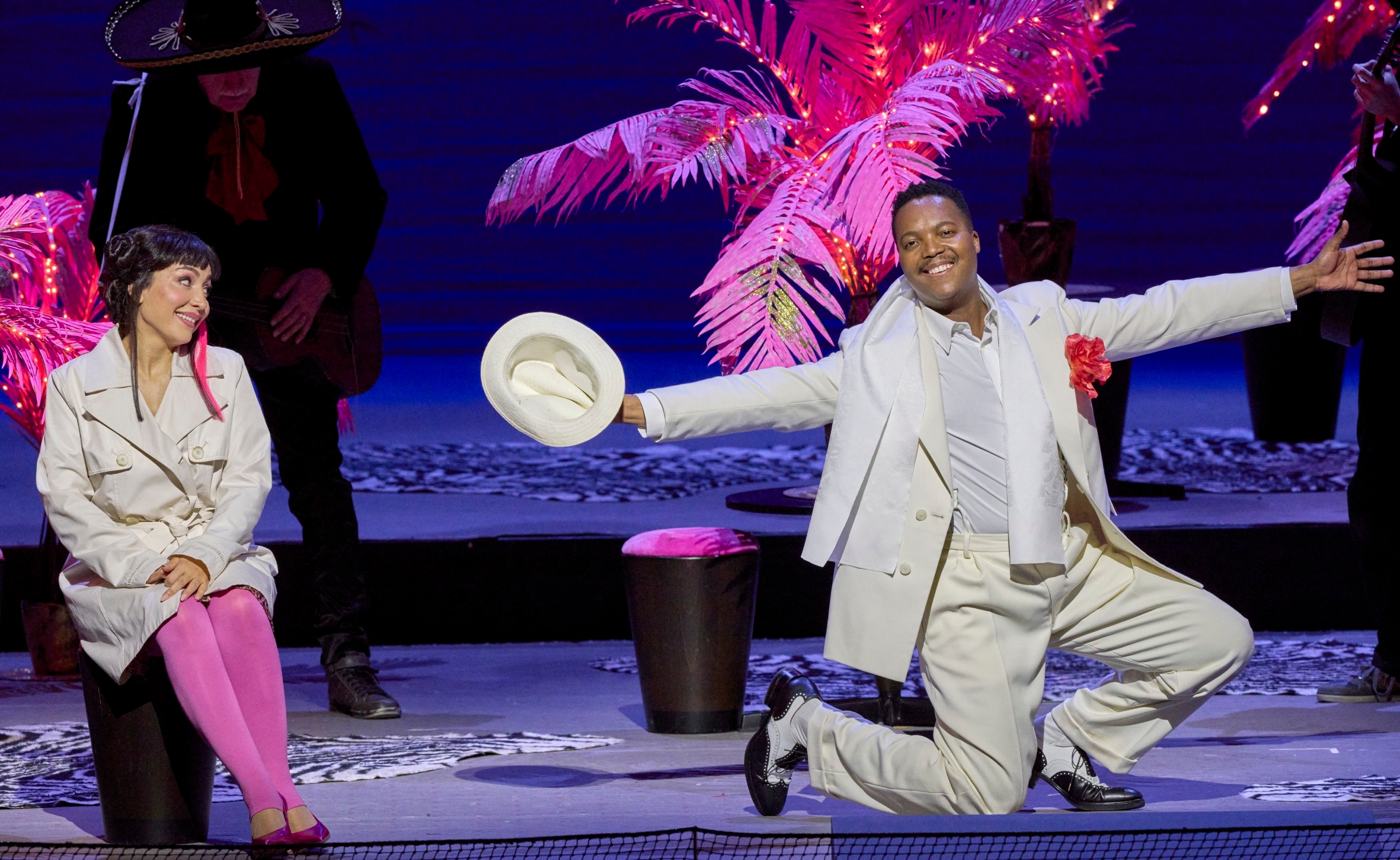
Short Summary
It is one of the most famous comedy stories in the world:
Here is the elderly bachelor, intent on preserving his assets, who wants to slip into the role of lover once again. On the other, the young woman who cleverly leads him around by the nose.
Don Pasquale
Storyline
The old, wealthy but stingy bachelor Don Pasquale wants to marry off his nephew Ernesto to a wealthy woman.
But Ernesto prefers the young, penniless widow Norina, who loves him. Although Don Pasquale has never seen Norina, he rejects this marriage - and chases Ernesto out of the house without further ado. Dejected, he writes a farewell letter to his lover Norina.
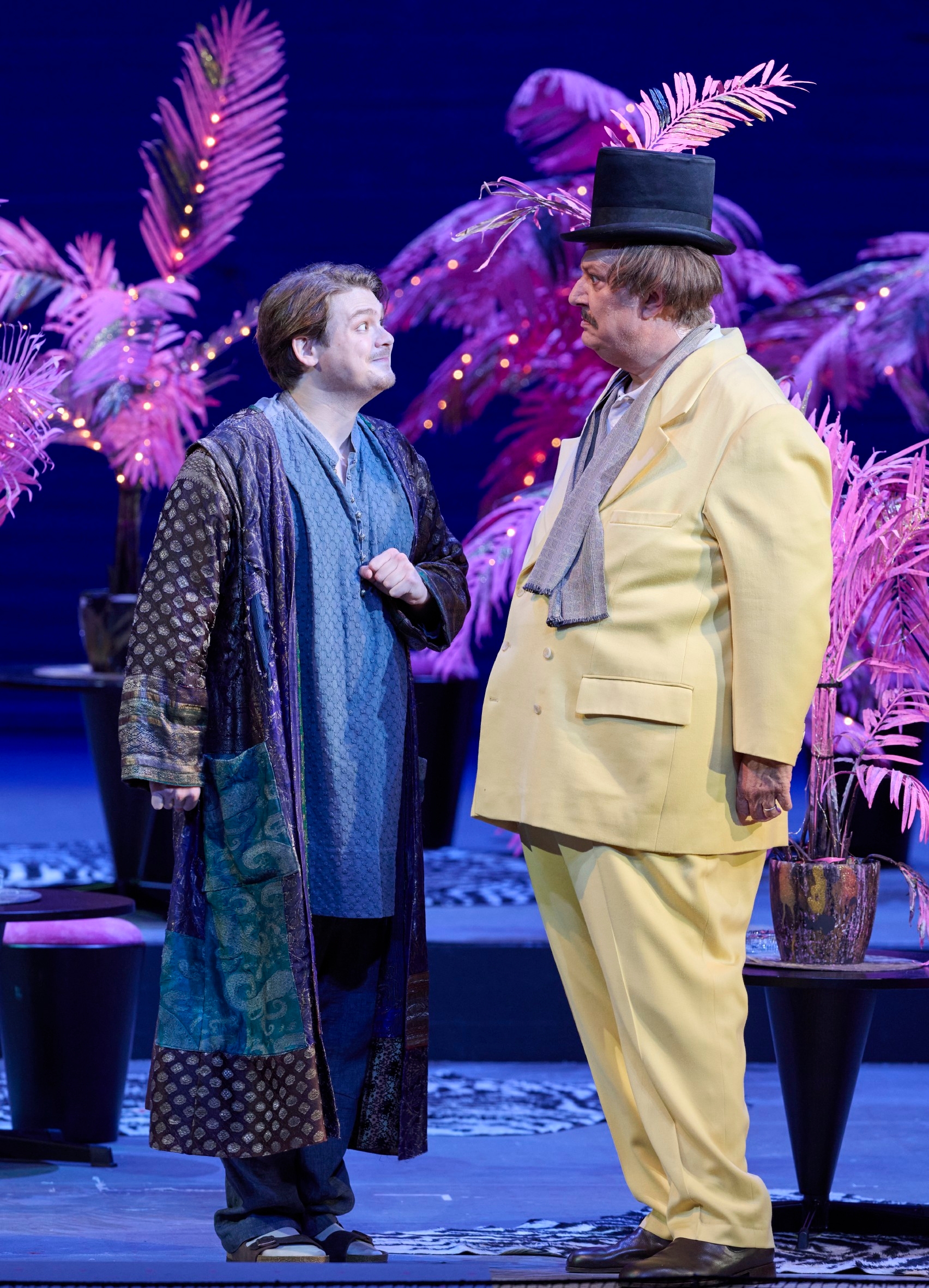
But Norina does not give up on Ernesto. Don Pasquale's new plan is to get married himself - and his friend Dr. Malatesta is supposed to help him. However, Dr. Malatesta sticks by Ernesto and sets up a game of confusion in which Norina and Ernesto play along: Norina is presented to the old bachelor as Malatesta's well-educated sister Sofronia, who has grown up in the convent. Don Pasquale is enraptured by this quiet, virtuous creature - and enters into a sham marriage with her, orchestrated by Malatesta (which Don Pasquale believes to be real).
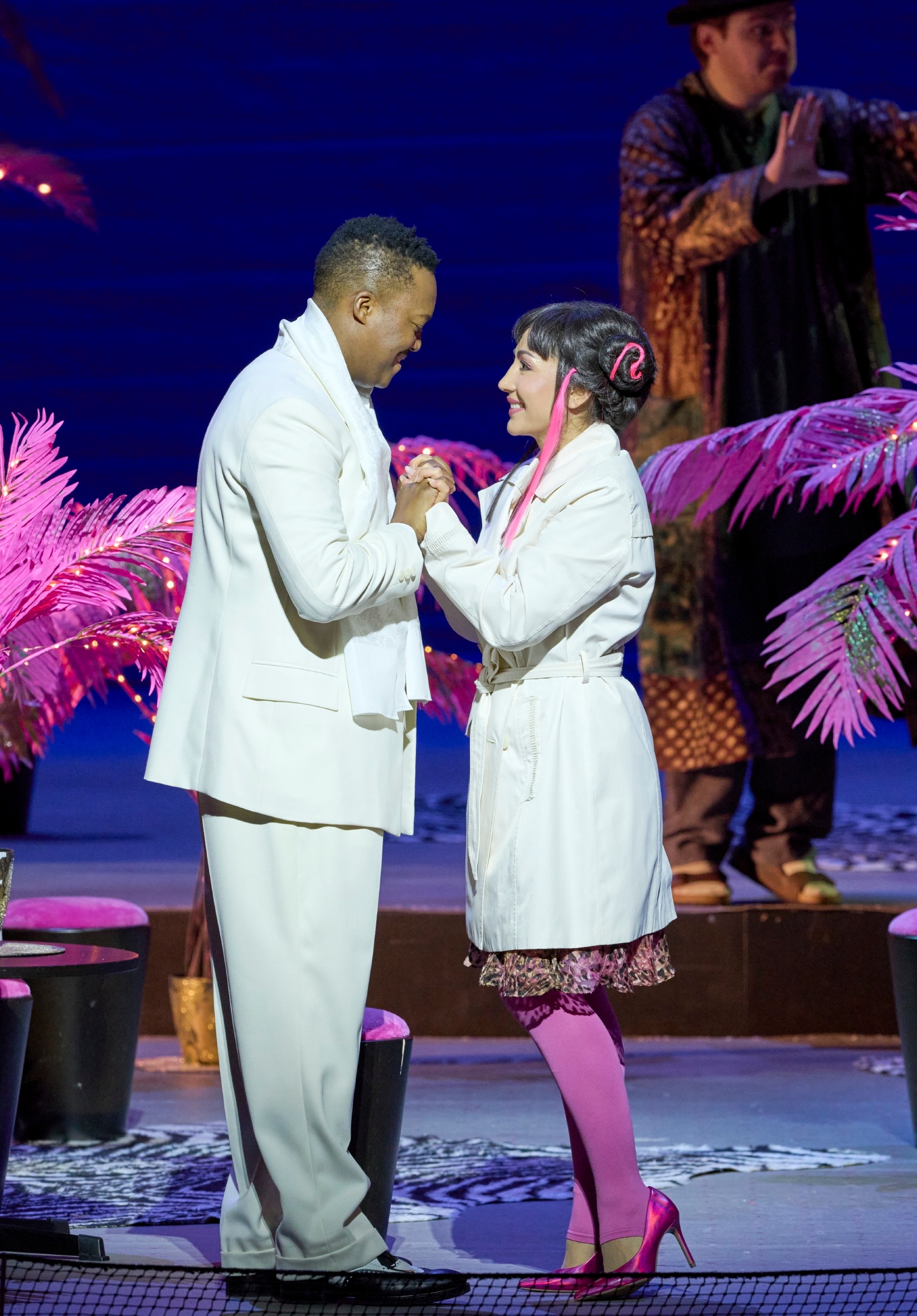
Immediately after the wedding, Sofronia (=Norina) changes her behavior. She becomes a wasteful, loveless, snippy xanthippe who terrorizes Pasquale and - apparently - deceives him. In order to drive her out of the house again, Don Pasquale wants to marry his nephew Ernesto, equipped with a rich dowry, to Norina (who is still apparently unknown to him) and take her in. This is when Sofronia's true identity is revealed to him. He has to learn that older men are better off not courting younger women ...
In Don Pasquale, Donizetti has skillfully spanned this plot framework: The opera is burlesque, but also timelessly valid as a confrontation between patriarchal desires and youthful self-determination. Director Irina Brook sets the comedy in the present day, leading it rapidly to an over-the-top, candy-colored finale in which laughter is intended - but never just ridicule.
